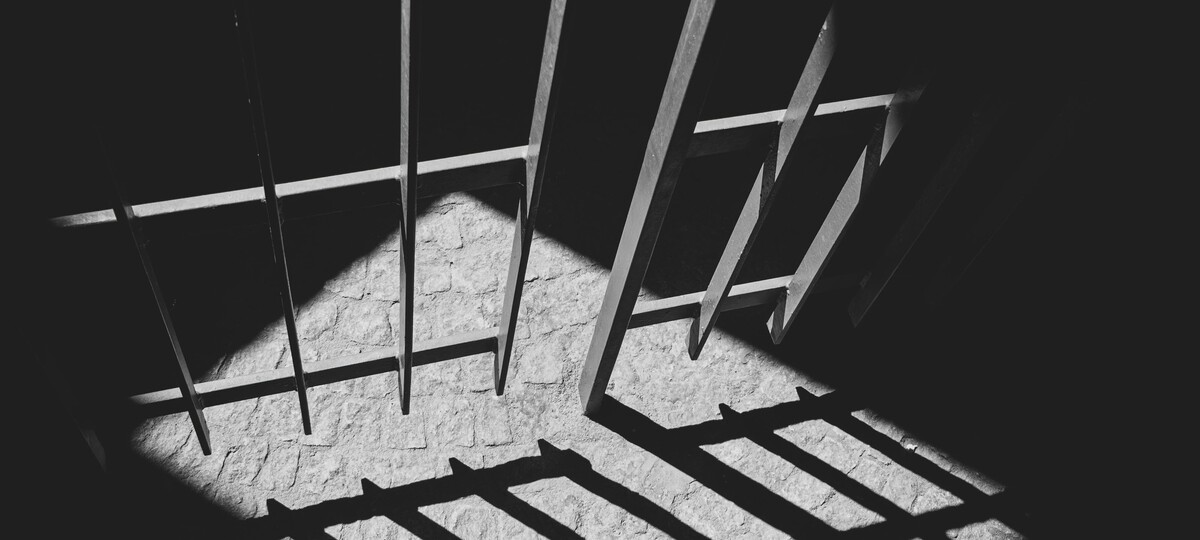
Pennsylvania Gov. Josh Shapiro, the former state attorney general, has called for the end of the state's death penalty. Pennsylvania has not carried out an execution in 25 years. Moreover, 60 years have passed since the state's last involuntarily execution.
Although executions have stopped for now, Pennsylvania has thousands of prisoners serving de facto death sentences — referred to as "death-by-incarceration."
What is death-by-incarceration? Offenders condemned to life in prison without the possibility of parole.
Under Pennsylvania's sentencing scheme, offenders — other than lifers — are sentenced to a minimum and a maximum term of sentence. The maximum must be at least twice the minimum.
Once an inmate has served her minimum sentence, she is eligible for parole. Release from prison is determined by the state's parole board. Once released, the offender is supervised on parole until the expiration of her maximum sentence.
A life sentence in Pennsylvania has no minimum — there is no opportunity for parole — life means life in Pennsylvania.
Not all lifers are the same in Pennsylvania. There are lifers who have killed another human being but avoided the death penalty, and then those who committed a felony that resulted in another's death. The law in Pennsylvania is clear: If a death occurs during the commission of a felony, the death is considered murder and anyone who participated in the felony is equally responsible for the murder, regardless of whether they had any criminal intent to harm or cause death.
Felony murder is a statutory crime in Pennsylvania promulgated at 25 P.S. 2502 (b) providing "Criminal homicide constitutes murder of the second degree when it is committed while defendant was engaged as a principal or an accomplice in the perpetration of a felony."
At one time in Pennsylvania, first- and second-degree murder were punishable by death. In 1972, the U.S. Supreme Court temporarily banned the death penalty, finding it was arbitrary in the manner it was imposed.
Two years later, the legislature rewrote the death penalty statute and felony murder became second-degree murder, eliminating capital punishment as a sentencing option — but felony murder continued to be mandatory life without parole.
As a result, Pennsylvania is home to thousands of people sentenced to die in prison. The state has the second-highest number of people serving life without parole, nearly 5,100 inmates, approximately one in five have been convicted of felony murder, according to the Pennsylvania Department of Corrections.
Pennsylvania lawmakers have tried to provide hope for those serving life sentences. A pending bill would allow lifers a chance at parole after serving 35 years on a first-degree murder conviction and 25 years on second-degree murder. The proposal has not made it to the floor for a vote.
Several years ago, a lawsuit was filed on behalf of six people convicted in their late teens of "felony murder," arguing that prohibiting parole consideration for felony murder is cruel and unconstitutional under Pennsylvania law. Article I, Section 13 of the Pennsylvania Constitution prohibits "cruel punishment." Pennsylvania's constitutional provision predates the Eighth Amendment to the U.S. Constitution.
In 2022, the Pennsylvania Supreme Court dismissed the suit on grounds that it was improperly filed as a civil lawsuit and the court lacked jurisdiction. The court found the plaintiffs could still challenge the legality of their sentences after exhausting the appeals process, but those claims had to be filed through the criminal court.
Subsequently, a second claim in criminal court was rejected by the Pennsylvania Superior Court. In a concurring opinion, Superior Court Judge Alice Beck Dubow urged the state Supreme Court to revisit the matter "in light of changes in related case law from other states and research and policy concerns regarding the criminal justice system."
Now, Pennsylvania's highest court will consider the constitutionality of mandatory life without parole in cases where the defendant "did not kill or intend to kill and therefore had categorically diminished culpability." The case pending before the court is out of Pittsburgh and was brought on behalf of a prisoner whose accomplice, during the commission of a robbery, shot and killed a man.
Comment by clicking here.
Matthew T. Mangino is of counsel with Luxenberg, Garbett, Kelly & George P.C. His book "The Executioner's Toll, 2010" was released by McFarland Publishing.
Previously:
• 05/08/24: The Efficacy of Shaken Baby Syndrome Remains Unresolved
• 04/08/24: Life Without Parole Cruel and Unusual Punishment
• 04/01/24: Court Created Doctrine Shields Police From Liability
• 03/25/24: The 'Poverty Penalty': No Cash, No Freedom
• 03/19/24: Stand Your Ground Rears Its Head, Again
• 02/27/24: SCOTUS Not Inclined to Remove Trump From Ballot
• 02/27/24: A Parent Convicted for the Conduct of a Child
• 02/09/24: Forensic Evidence: Not What It Used to Be
• 01/22/24: Doing Time Without Committing a Crime


 Contact The Editor
Contact The Editor
 Articles By This Author
Articles By This Author